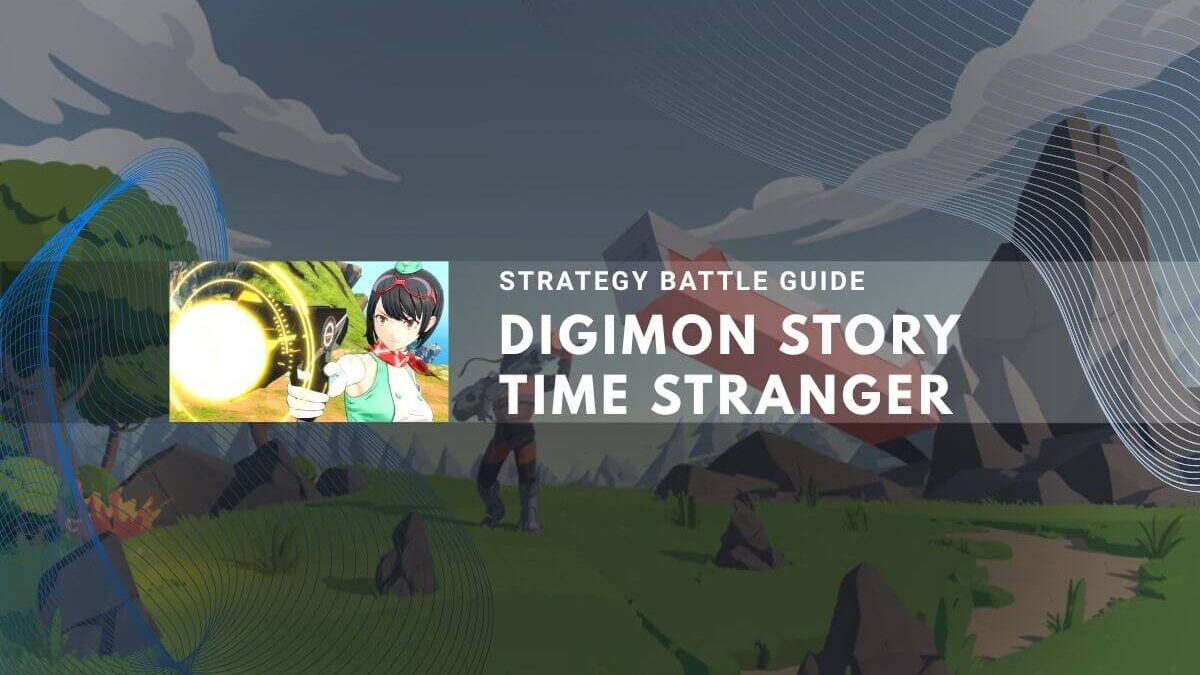Digimon Story Time Stranger refines monster-taming RPG mechanics with detailed Stranger Digimon gameplay. Mastering quest timing, combat options, progression systems, and traversal features prevents pitfalls. These Time Stranger gameplay tips and strategies help players maximize Digimon gameplay, optimize agent rank, and complete side quests efficiently.
Side Quest Lockouts Can Last Over Twenty Hours
At the end of Chapter 3, the game locks more than 40 side quests for roughly 20–30 hours of gameplay before they reopen. Completing these missions early is vital because each grants Anomaly Points, which fuel Agent Rank. Falling behind on side quests delays access to Champion, Ultimate, and Mega Digivolutions until Rank 3, Rank 5, and Rank 7 respectively.[1][2][3]
Combine Item Use and Attacks Every Turn
Each turn allows both an item use and a standard attack. Healing items, status cures, and buff applications cost no offensive action. This dual-action feature proves crucial in lengthy boss fights, enabling sustained damage output while managing party health and buffs.[4][5]
Invest in Agent Rank Over Random Grinding
Agent Ranks unlock five skill trees with targeted bonuses.
- The universal Bonds of Loyalty tree grants team-wide Cross Arts abilities and should be unlocked first.
- Four personality-type trees—Bravery, Kindness, Intelligence, and Sincerity—offer stat boosts and XP bonuses for matching Digimon.
- Allocating Anomaly Points to the personality that matches your core team accelerates Digivolution more efficiently than random encounters.[2][6]
Use Cross Arts Frequently to Maintain Momentum
Cross Arts abilities build gauge points through any battle action: attacks, item uses, and skill activations all contribute. The gauge refills fast enough to permit multiple Cross Arts in prolonged encounters. Applying offensive Cross Arts against groups and defensive Cross Arts in boss battles maximizes their impact.[7][8][4]
Keep a Mount-Capable Digimon in Your Active Party
Digimon Story Time Stranger refines monster-taming RPG mechanics with detailed Time Stranger Digimon encounters. Mastering quest timing, combat options, progression systems, and traversal features prevents pitfalls. These Digimon gameplay tips help players maximize agent rank, complete side quests efficiently, and make full use of the DigiRide system with rideable Digimon.
